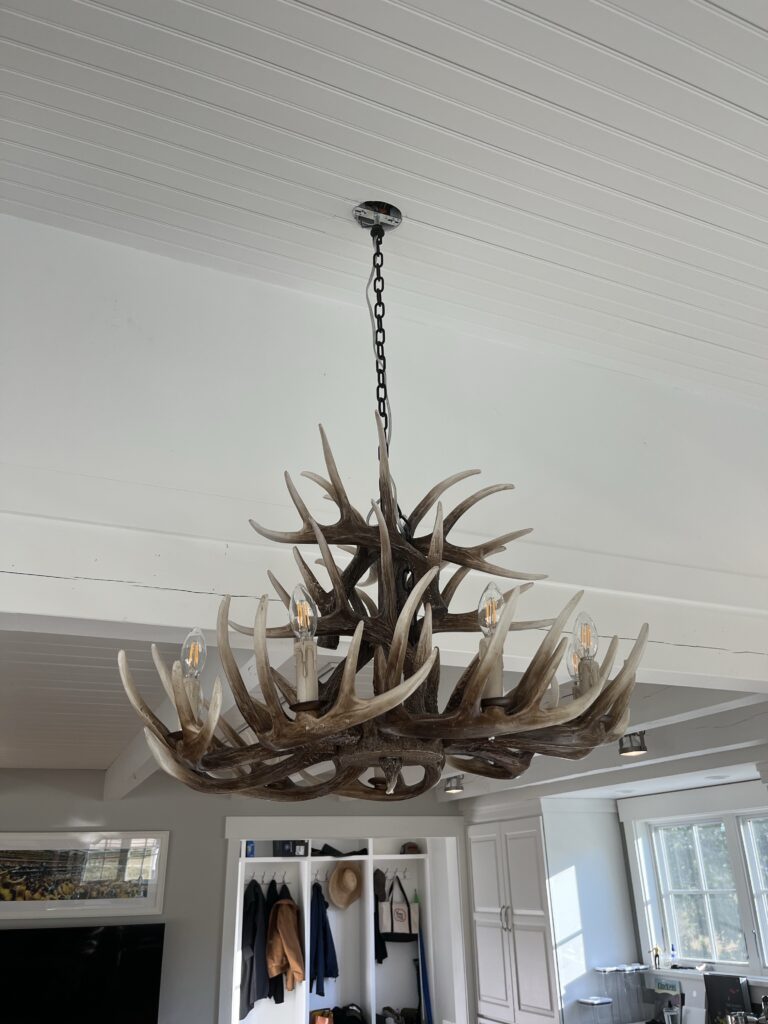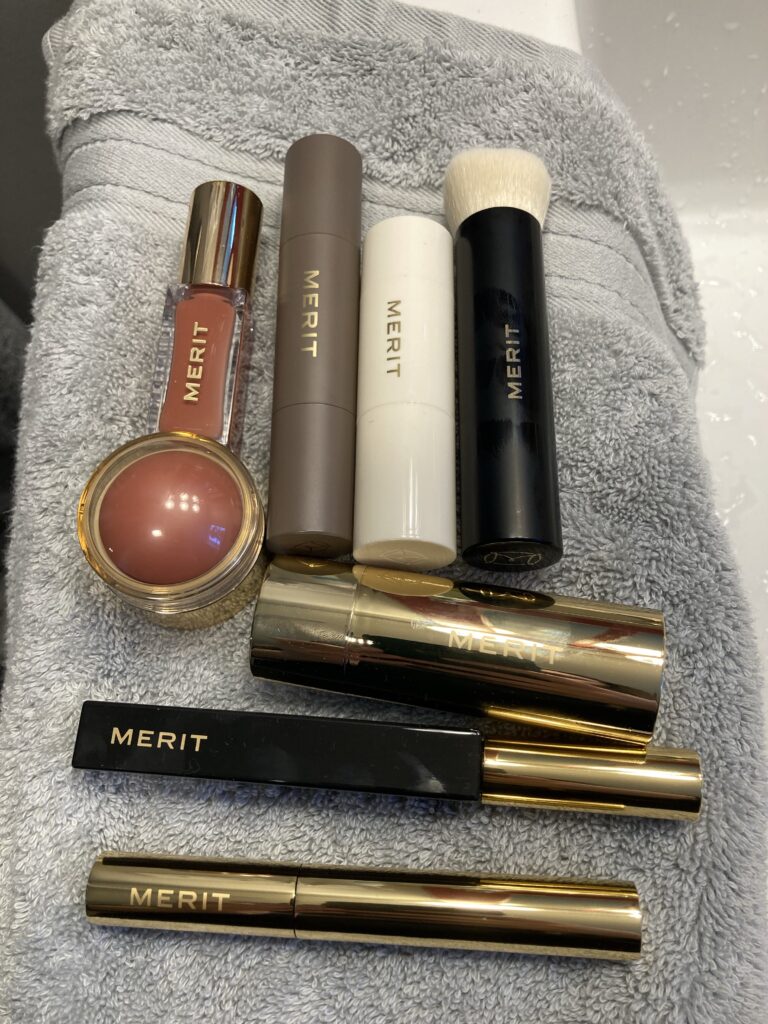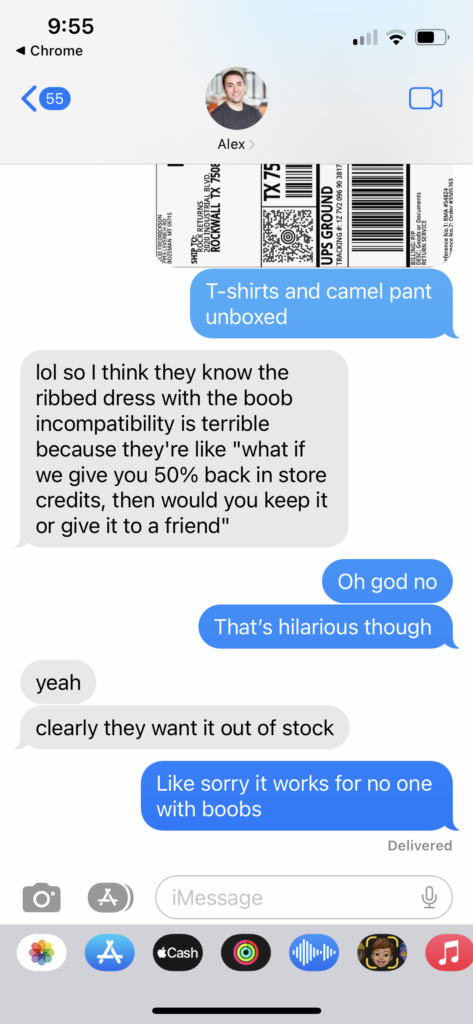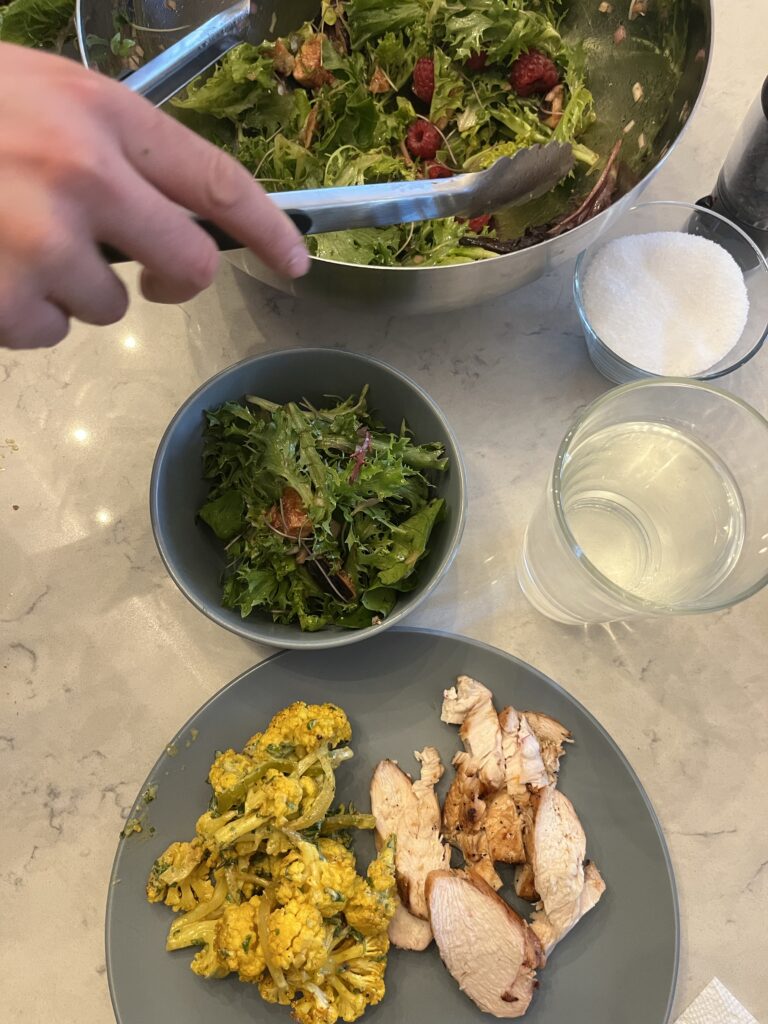My week started out great. I was focused, energetic and on my game. And well, I think we all know how the last 72 hours have played out. Chaotic as hell.
Twitter is having a meltdown. Crypto keeps discovering how badly centralized over levered balance sheets can go. Fuck you very much Sam Bankman Fried for setting back the cause. Really the only bright spot is America’s swift decline into a regressive reactionary right wing state is in its entropy and reversion to the mean phase. Guess no one felt like rewarding Republicans even though we all kind of hate Joe Biden.
And lest you think I’m happily sitting pretty having mostly predicted we’d be entering a newly chaotic age, I woke up this morning covered in hives. That haircut I was so excited about yesterday? Turns out I was allergic to all the styling products.
And because we had some as yet unresolved issue with our well pump, I couldn’t even shower it off immediately. I woke up to the water being out. Neat. Thankfully a hacky solution got me a hot shower before noon to rinse off all the itch inducing salon products. I might still be a little high from all the Benadryl
The funniest part is I knew I might have some trouble with products at the hair salon. I just didn’t want to be that white lady that comes in with all her own products and a sob story about allergens.
I thought how bad can it be if I just let the stylist use the salon products? And boy do I regret that. Let that be a lesson to everyone to always take up the space and resources you need to stay healthy. It may be cringe as fuck to explain an allergy but you know what is even more cringe? Giving yourself hives and Benadryl brain because you didn’t have the energy to be a little bit of an asshole and insist on protecting yourself.









